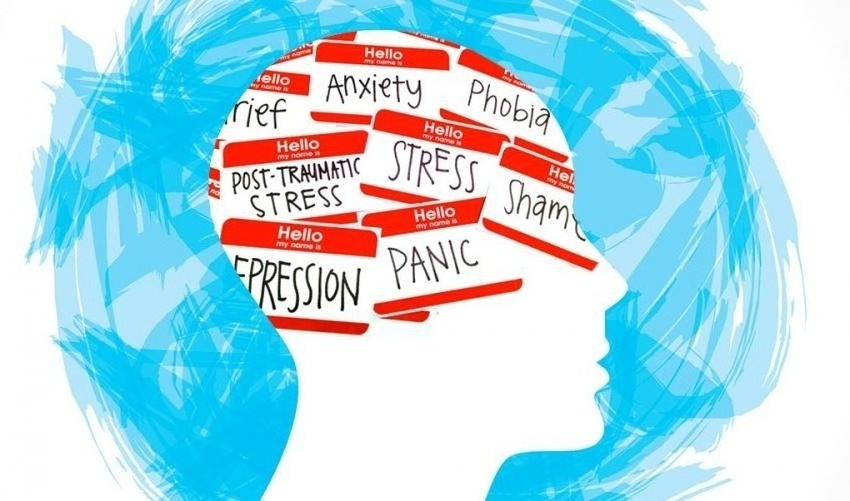People are often led to believe that their physical health and mental health are separate spheres. For one, they go to a doctor or a hospital to receive treatment; for the other, they head to a counselor or therapist to help them overcome problems. Yet this is too simple a view for both areas of health, the two of which interact in myriad ways.
With that in mind, the following article takes a quick look at some of those ways, showing how taking care of your physical health could have dramatic benefits for your mental health too.
Diet
There is a growing body of evidence in the scientific literature that diet could have a significant effect on mental health. This is especially evidenced by the research into the gut biome, which is considered to have an impact on people’s mental chemistry and, by extension, state of mind.
As such, taking care of your diet, including eating a balanced array of food, could help you towards better mental health. If you’re interested in taking this route, research reputable scientific and medical papers and websites to learn which diets and nutrition are considered the best for the gut and the mind.
Aches and Pains
There are many types of pain in numerous areas that people can experience as adults. They might include aches they can do nothing about and those they can address through treatment. While these treatments might be considered physical health-based solutions, accessing traditional or cutting-edge medicine could greatly impact mental health as well – as a positive knock-on effect.
Take spinal cord injury treatment, for instance, which is designed to relieve patients of back pain they may have sustained in an injury. This treatment could help ease pain, but it could also dramatically impact how a person can experience the world, leading them to enjoy their lifestyle more and reclaim what it is to be human.
Exercise
There are two main benefits of exercise in terms of mental health. The first is immediate; the endorphins that the brain releases after exercise can help people feel relaxed, happier, and more alive, giving a mental boost in the immediate aftermath of getting out on a jog or swimming.
There are secondary benefits, too, as exercise will build power and strength, ultimately helping people to get out into the world more, experience less fatigue, and live life to the fullest.
Concerns
Many health concerns can make people feel low. An addiction, for instance, can be damaging to mental health just as it is detrimental to physical health. As mentioned, injuries people are struggling with can make them feel low, as it often causes pain and limits the things they can do.
Also, long-term health conditions, which can afflict anyone at any age, can also affect mental health. Seeking appropriate treatment for these maladies, and knowing how to best manage them toward recovery, can help sufferers boost their mental health.
These quick tips will help you to address both your physical and your mental health in one go – showing how linked these two states really are.



